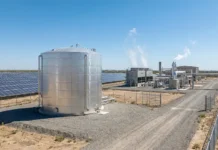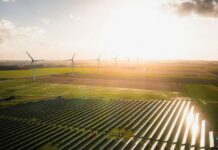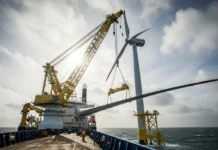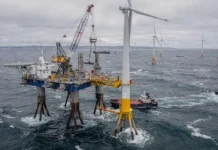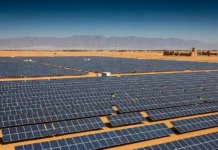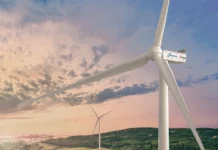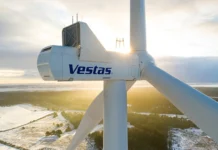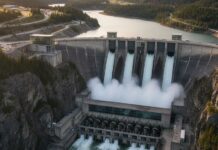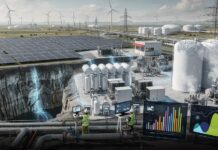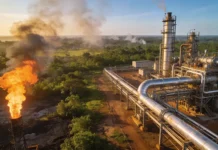One of the major energy companies and renewable projects developers in the UK, SSE is decreasing its spending on renewables in the UK in its five-year plan to 2027 by $2 billion. This is yet another blow to Britain’s clean energy ambitions due to a changing macro environment.
SSE has remarked that it is decreasing its five-year investment anticipations by $4 billion to be around $23.4 billion. Of the $4 billion reduction in this updated plan, $2 billion happens to be in the renewable business, and the remaining $2 billion is decreased investment when it comes to transmission and thermal power.
The reduction in investments is reflecting a kind of financial discipline within a changing macro environment throughout the energy businesses and also the consent phasing across networks, said SSE.
It is well to be noted that almost 90% of this investment plan is at present committed. However, the remainder is subject to any kind of delay or potentially even cancellation if, in case, there are no right investments that emerge, the company added.
While SSE Renewables has prominently grown its installed capacity as well as output in the last few years, the shifting macroeconomic environment as well as broad delays within the planning processes mean that the group has decreased its near-term capital investment anticipations and also spending on renewables in the UK. According to SSE, due to this, it is unlikely to meet its ambitious objective of 50 TWh renewable generation output by the end of this decade.
This warning from SSE comes weeks after Orsted, which happens to be the world’s biggest offshore wind project developer, went on to announce that it has decided to discontinue the Hornsea 4 offshore wind project’s development in the UK in its present form. According to the group president and CEO for Orsted, Rasmus Errboe, the mix of rising supply chain costs along with higher interest rates as well as growing execution risk have gone on to deteriorate the anticipated value creation of this project.
He further added that the adverse macroeconomic developments along with challenges within the supply chain as well as rising execution risk have led to the market and operational risks eroding the value creation.
However, Orsted has reiterated its faith in the offshore wind industry for the long term but has also noted that the deterioration in short-term prospects because of higher costs and increased regulatory risks is a concern.






